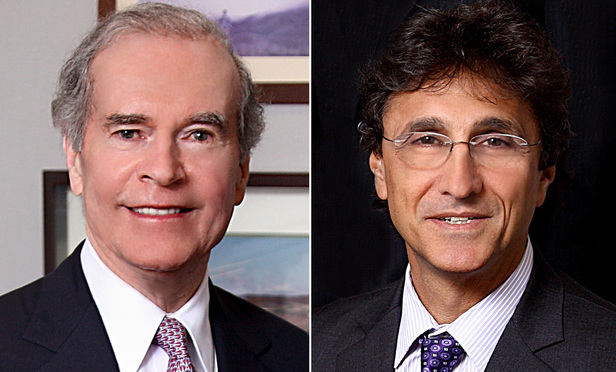During the COVID-19 pandemic in 2020 and 2021, we published several columns addressing immunity temporarily given to health care professionals and facilities, and executive orders affecting statutes of limitations. Those matters have since been the subject of several court decisions, which are discussed in this column.
With respect to the statutes of limitations, the issue was whether Executive Order 202.8, which was sequentially extended in 30-day periods by subsequent executive orders until Nov. 3, 2020, effected a toll on the statutes of limitations or merely suspended them. The distinction is significant. If it was a toll, the statutes of limitations stopped running during the duration of the toll and did not commence running again until the toll ended. If it was a suspension, it would mean only that statutes of limitations could not expire until the end of the period of suspension. Three of the four departments of the Appellate Division have now addressed the issue, and each has held that it was a toll. See Murphy v. Harris, 210 A.D.3d 410 (1st Dept. 2022); Roach v. Cornell University, 207 A.D.3d 931 (3rd Dept. 2022); Brash v. Richards, 195 A.D.3d 582 (2nd Dept. 2021).


 Thomas A. Moore and Matthew Gaier
Thomas A. Moore and Matthew Gaier




